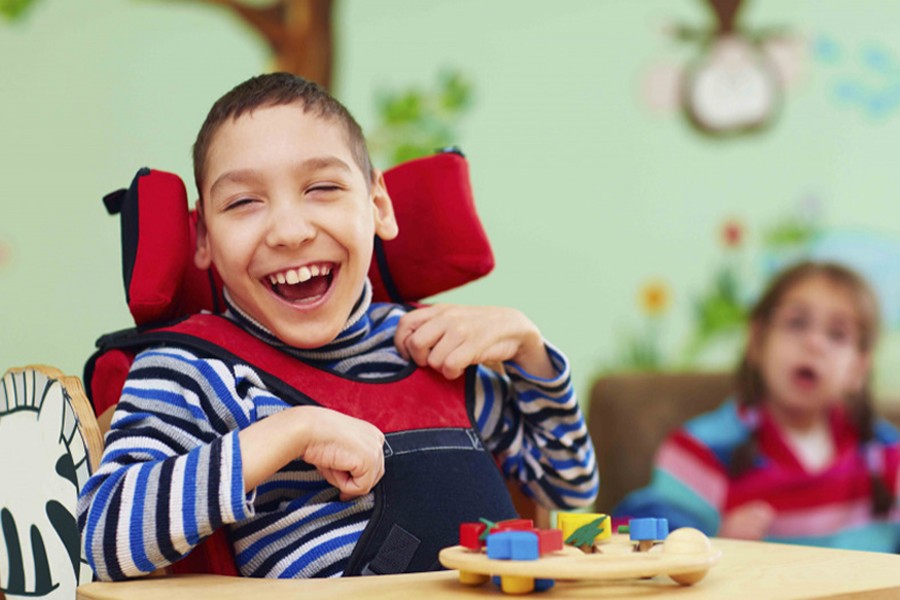There are several neurodevelopmental disorders affecting social and communication skills. Autism, or more correctly ‘Autism Spectrum Disorder’ (ASD) is perhaps one of the most well known among those. This is a lifelong disability changing the way a person sees the world and relates to it.
As the name suggests, Autism is a fluid condition that often presents differently in patients. But there are similar characteristics and behaviours indicating the condition. Generally, these symptoms surface in the first 02 years of life.
The special child faces several challenges in interacting with the world. Social communication, like seeing and interpreting verbal and non-verbal clues, i.e. language, gesture, intonation etc. may be compromised.
Some patients may experience speech limitation, finding it hard to express themselves. As a result, patients often find it difficult to establish a relationship with someone; he or she may even be described as insensitive by some.
Another common feature of ASD is repetitive behaviours. Some individuals may eat the same thing at the same time every day, wear specific clothing, travel the same way. This is their coping mechanism. Many have sensitivity to noise, light, touch, smell, temperature or colours.
The prevalence of ASD is low. According to WHO data, it is below 1 per cent with male preponderance. In Bangladesh, the Autistic Children’s Welfare Foundation estimates that approximately 300,000 children may have some sort of autism in Bangladesh.
What causes it? Medical science is yet to figure that exactly out. But genetic and environmental factors play a role.
Family history of autism, prenatal exposure to certain medications, advanced paternal or maternal age, prematurity etc. are considered as risk factors. Contrary to what some people may believe, there is no evidence that vaccination is linked to ASD.
ASD is not a curable condition, but a manageable one. With proper treatment, many patients develop adequate social and communication skills. Management strategies will differ based on the patients’ need, but there are ways to help such a person to reach his/her potential.
It is imperative that the family be involved in the treatment process, especially the parents. Having a special child may put added pressure on the siblings and parents, so they experience a high level of stress.
Here, physicians and other health care professionals can provide support by providing training and educating on ASDs, involving them in the treatment plan, helping them to gain access to necessary resources, acting as emotional support, referring them for counselling or other appropriate mental health services if needed.
Educational interventions are common strategies for such patients. These may include both behavioural therapy and helping patients to develop skills that they themselves cannot develop.
These interventions address social and communication skills, daily living skills, academic skills, and behaviours that prevent adapting to new environments.
Some patients may need medicines, especially if they are expressing aggression, violence, extreme irritability, tendencies for self-harm, obsession, or compulsion. The choice of medicine depends on the physician, as there is no broad consensus on the exact drugs that may be helpful for the majority of the patients.
Autism is a highly sensitive condition because of the familial and social implications. There are even superstitions linking autism with parents’ or family’s past actions. This is entirely inaccurate.
We must address the challenge of autism in an open and interactive way, raise awareness and help the special children to integrate into society.
Dr Imtiaz Ahmed completed his MBBS from Dhaka Medical College.
[email protected]


